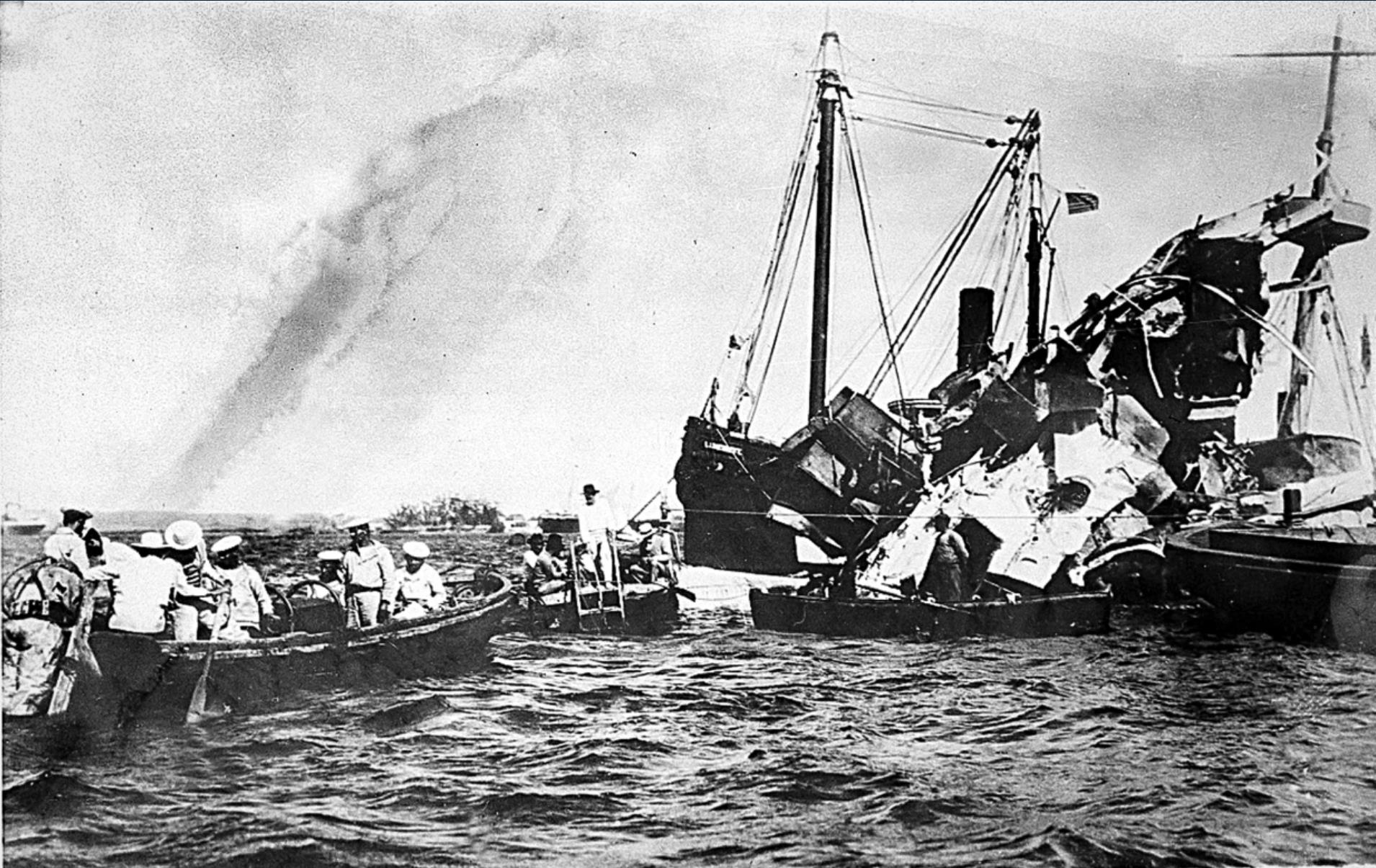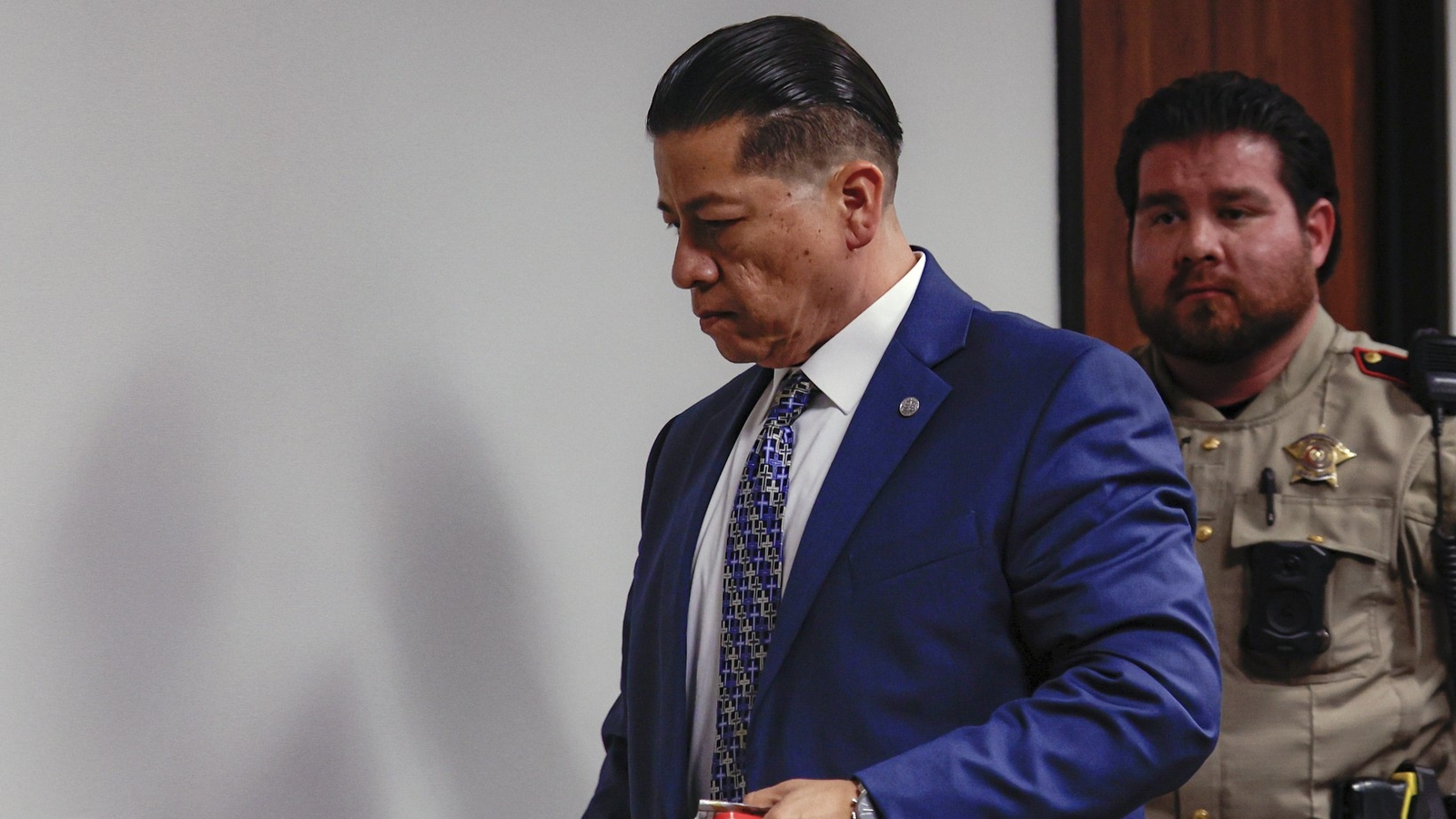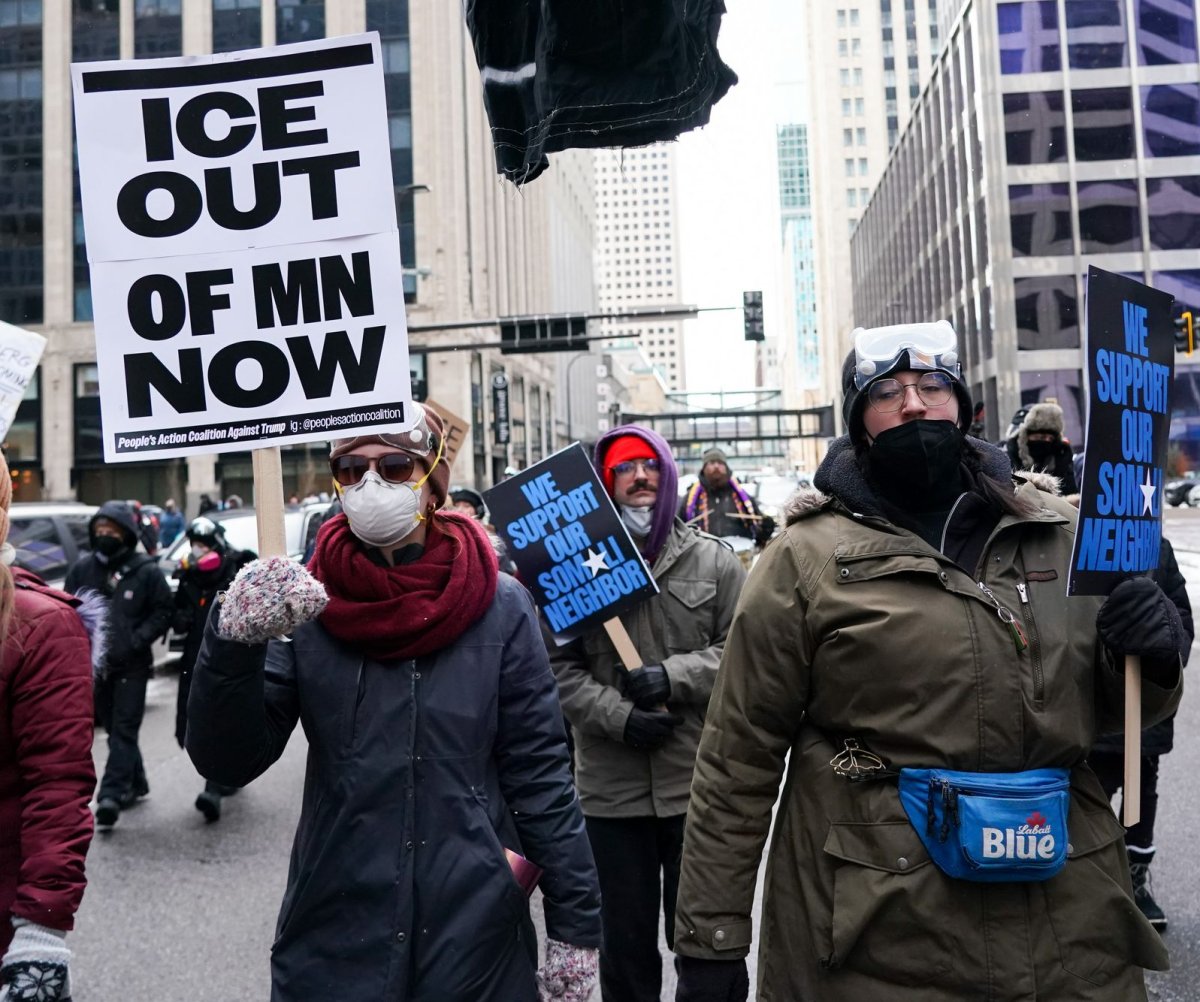A vast majority of key topics are ignored or barely covered, including aspects of the Mexican-American War, the U.S. acquisition of Puerto Rico and racial segregation.
Most of the seminal events impacting U.S. Latino history are not a subject of study in high schools across the country, according to a new report by Johns Hopkins Institute for Education Policy and UnidosUS, a national Latino advocacy and research organization.
The study found that 87% of key Latino topics were either not covered in U.S. history textbooks or were mentioned in just five or fewer sentences.
“Only 28 of 222 important topics were covered well, leaving out many aspects of the Mexican-American War, the Spanish-American War, the U.S. acquisition of Puerto Rico, the Panama Canal, the modern civil rights movement, Cold War politics, and legal developments shaping the Latino experience, such as the Voting Rights Act, the Civil Rights Act, and racial segregation,” according to a release on the report.
Over a quarter of the nation’s K-12 public school students are Latino.
Researchers analyzed five U.S. history textbooks used in seven states and one AP U.S. history book. The study looked at the overall depiction of the Latino experience throughout the centuries, the balance between discussions about inequality and the Latino contributions to the U.S., the use of language and the authenticity of images.
The topics with the greatest depth of content were American land purchases from Mexico and Latin American foreign policy — a 1.4 out of a maximum of three. But when it came to coverage of U.S. Latino “firsts” from 1821 to the present, the coverage was the “thinnest” — a .1 out of three.
The report also found that while the AP textbook and a couple of other textbooks contextualized the significance of certain concepts and their impact on the Latino experience — for example the role of nativism to examine how certain groups of people, including Latinos, were treated — other textbooks “were intellectually flat.”
Additionally, the research revealed that Sonia Sotomayor’s appointment as the Supreme Court’s first Latina justice was the only event in the past 200 years that was noted in all the books as a pivotal Latino moment.
The report issued several recommendations, including that publishers develop textbooks “that fully expose students to the experiences of Latinos, incorporating rigorous content including both primary and secondary sources. At a minimum, publishers should commission independent reviews of their texts, measured against the seminal content.”
The researchers also urged teachers, parents and community leaders to advocate for more inclusive curricula and materials, and to hold meetings with school officials and school boards.
“As the country grows more diverse,” Viviana López Green, senior director of the racial equity initiative at UnidosUS, said in a statement, “it’s essential for our future workers, businesspeople, community leaders, and public officials to learn about the contributions and experiences of all Americans, including Latinos, the country’s largest racial/ethnic minority.”
José Gregory, a U.S. history teacher in Atlanta and a consultant on the project, said in a statement that the “American Latino experience must be accurately depicted to our young people in the classroom if we want them to grow up in a society that recognizes and values the contributions made by people of color.”




